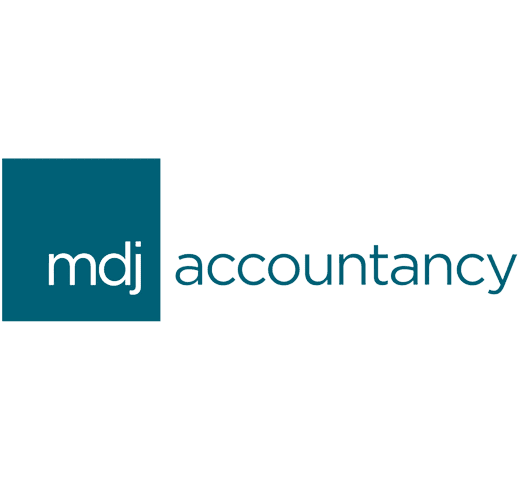
Do I Have to File a Tax Return?

Published on April 5, 2022
What Is a Self-Assessment Tax Return?
When you earn money through employment, your employer will submit PAYE tax to HMRC. PAYE (pay-as-you-earn) is a system whereby employers take your income tax and National Insurance contributions directly out of every paycheck. In essence, they manage your tax for you.
Self-assessment is a different form of tax, but it achieves the same result. Its purpose is to allow individuals to submit payments for tax on income earned they have yet to make contributions for. It applies to earnings from sources not related to contracted employment. Because this money is not involved in the PAYE tax system, it has not had relevant taxes deducted before it reaches you, which means they are still owed.
As a general example, if you earn £1000 through contract employment and owe £300 of tax on that income, your employer will deduct £300 directly and pay it to HMRC, with you receiving £700. However, if you earn £1000 outside of contract employment, you see that full £1000 paid directly to you — but you still owe £300 to HMRC. Self-assessment tax is your way of paying that £300.
Who Is Liable to Return a Self-Assessment Return?
Typically, self-assessment tax returns are associated with self-employed workers. These are contractors, freelancers, and other types of sole traders. They earn money through their own business, and as such, are liable to pay tax on their earnings as nobody else is paying it on their behalf.
However, a self-employed worker is not the only type of individual liable to submit a tax return. You must submit a tax return if you receive any additional taxable income outside of employment — even if it’s a one-off. Types of taxable income that apply to UK individuals that may require them to submit a tax return include:
- Income from property
- Investment income (sales of stocks, shares, etc.)
- Dividends from businesses
- Sale of Assets (businesses, commercial property)
- Unregistered tips and commission
- Income from savings
- Overseas income
- Regular income from additional sales (eBay, Amazon store, mobile apps, etc.)
Who Does Not Need to Submit a Tax Return?
Unemployed individuals do not need to submit a tax return, nor do those who earn money exclusively as a contracted employee by a business. Only those who are considered self-employed, or who achieve some form of income through secondary means to contract employment (property, investments, etc.) must submit a tax return.
The exception to this rule is if you earn £1000 or less from your self-employed activity. If you earn below this threshold, you do not need to submit a tax return either.
What Happens If I Don’t Submit My Tax Return
If you are liable to submit a tax return but don’t do so, there are a few things that can happen. If you are not registered to HMRC as a self-employed worker but are earning income, you are committing fraud. HMRC will not know you are committing fraud as you haven’t declared your business, and the chances of immediate ramifications are low. However, should they discover you are working illegally — which is more probable than you might have thought — you will not only face major fines but also potentially jail, depending on the severity of the crime.
If you are registered for self-assessment tax returns but don’t submit a return before the tax deadline of January 31st, you will receive a fine. This penalty will increase up to £900 if you fail to pay within six months. Additional fees will then be imposed for further delay. If you keep putting off your returns, you may eventually be liable for up to £1500 in charges or double the tax you owe, whichever is the larger number. If you keep going and don’t submit your returns and pay the fines, you’ll be taken to court.
In short, if you are liable to pay tax returns, you must be them. If you don’t, there are consequences.
Original Article: Do I Have to File a Tax Return?
Any Questions?
Please give me a call or complete the form below to get in touch.
Get in Touch
Office location
85 High Street, Tunbridge Wells, TN1 1YGGive us a ring
07927 151389Send us an email
[email protected]